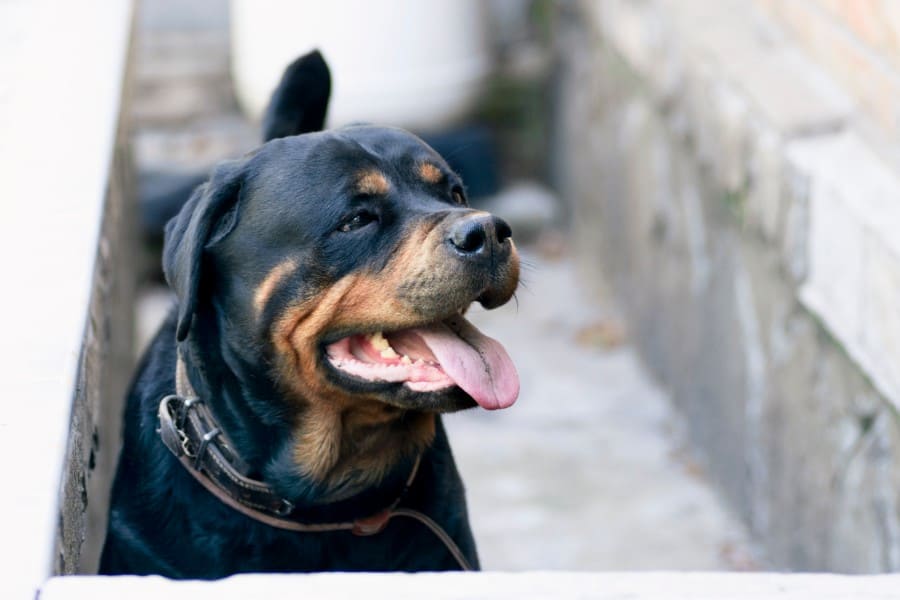Don’t Call the Tooth Fairy: What to Do When a Pet Loses a Tooth

For humans, losing our baby teeth is considered somewhat of a right of passage. For our four-legged friends, however, losing teeth can have a completely different meaning.
When a pet loses a tooth, usually something serious is going on. Your friends at Beverly Hills Veterinary Associates know how important your pet’s pearly whites are. We want you to know how to better care for your pet’s teeth so the doggy or kitty tooth fairy never needs to visit!
Normal Tooth Shedding
Puppies and kittens are born without teeth just like us. Unlike a human infant, though, they begin to get their deciduous, or baby, teeth between 4 and 6 weeks of age.
These teeth serve a young puppy or kitten well for a few months. Then, around three months of age some deciduous teeth begin to make way for the adult teeth to come in. The front incisors are shed first, followed by the sharp canine teeth around six months of age.
Most people don’t even realize this process is happening. Most puppy and kitten teeth are swallowed or lost in the yard without any fanfare. This is the only time in life, however, that your pet’s teeth should fall out.
What to Do When a Pet Loses a Tooth
There are several reasons your adult dog or cat may shed a tooth:
- Advanced periodontal disease
- Trauma (a fall or blow to the mouth)
- Chewing on something hard
If your pet loses a tooth, it is important to call us right away. Anytime a tooth is lost unexpectedly, it warrants an investigation.
If the tooth has been lost to trauma or chewing, it is important that we evaluate if there is any tooth root left behind that needs to be surgically extracted. Teeth can also break, causing bleeding and pain, and an extraction would be necessary. Pain medication and/or antibiotics may also be prescribed.
If a tooth is lost due to advanced periodontal disease, it is never in isolation. If the inflammation and infection below the gum line is far enough along to loosen the periodontal ligament and allow one tooth to fall out, there are others affected as well. Pets with this degree of disease are in urgent need of dental care to prevent pain and further tooth loss.
Pet tooth loss can be prevented by good routine dental care as well as preventing your dog from chewing on anything hard, such as rocks, deer antlers, or marrow bones.
We are your partners in your pet’s dental care, and together we hope to prevent visits from the furry tooth fairy. Your pet’s oral health matters, and we are here to help.
